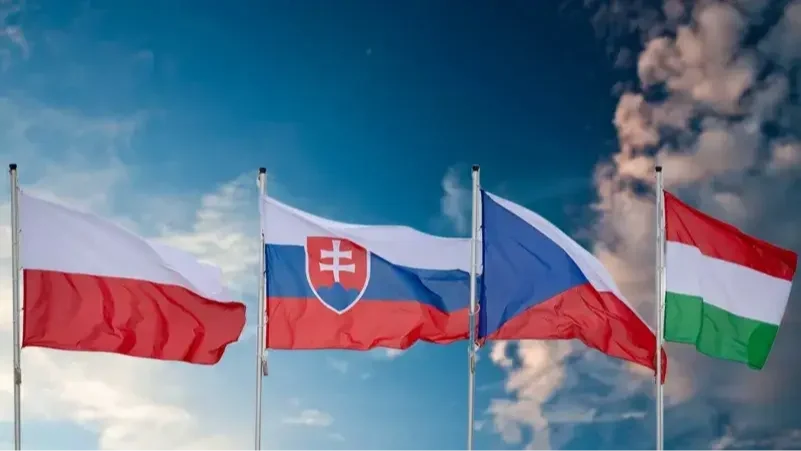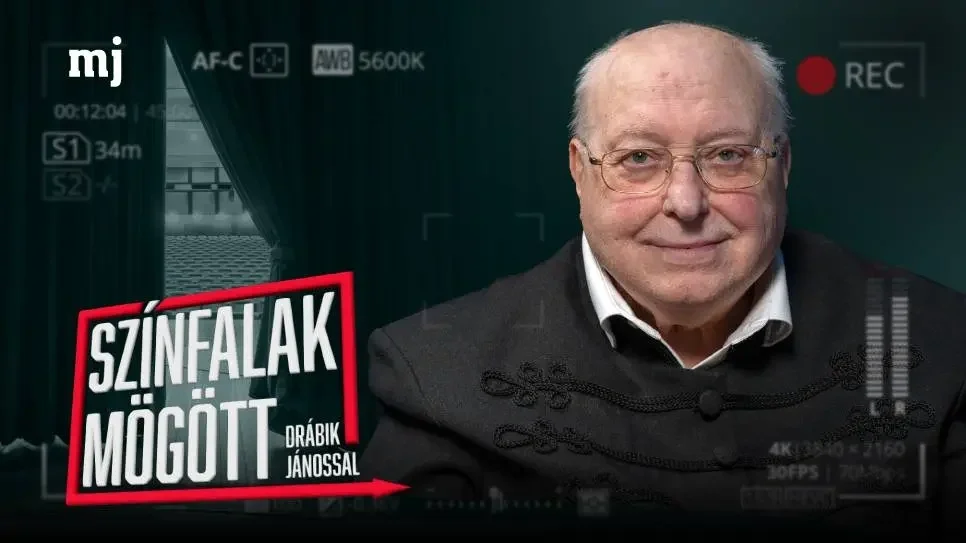Is Hungary Transferring Control of Its Defense Industry to Political Allies?
 Prime Minister Viktor Orbán at the Lynx combat vehicle factory opening at Rheinmetall’s ZalaZONE site in Zalaegerszeg, 26 March 2022 – Photo: Zoltán Fischer / PM’s Press Office / MTI
Prime Minister Viktor Orbán at the Lynx combat vehicle factory opening at Rheinmetall’s ZalaZONE site in Zalaegerszeg, 26 March 2022 – Photo: Zoltán Fischer / PM’s Press Office / MTI
Viktor Orbán's government plans to sell 75% of Hungary's state-owned defense industry to 4iG Space and Defence Plc., a subsidiary of the politically connected 4iG Group, for 82.8 billion forints (approximately $238 million). The proposed transaction would transfer control of N7 Holding, the umbrella entity overseeing Hungary's military-industrial base, to a company with deep ties to the ruling Fidesz party.
The planned sale has ignited fierce opposition from nationalist critics who view the privatization as a betrayal of Hungary's sovereignty. László Toroczkai, president of Mi Hazánk Mozgalom (Our Homeland Movement), declared that “The government is privatizing Hungarian state-owned defense industry companies in such a way that globalist actors, who are also behind Ukraine's largest arms suppliers, become part owners.” His assessment reflects broader concerns that strategic national assets are being handed over to political allies rather than managed in the public interest.
Magyar Jelen's investigative reporting revealed the extent of political entanglement behind the proposed deal. While the Ministry of National Economy frames the planned sale as bringing private-sector innovation and capital to Hungary's defense capabilities, the state would retain ownership of physical infrastructure like factories and industrial land through leasing arrangements. Critics question whether these arrangements truly preserve national oversight or merely obscure a wholesale transfer of strategic control to corporate interests.
The 4iG Group has expanded aggressively across Hungary's technology, communications, aerospace, and defense sectors in recent years. The company's rise coincides with substantial state support and preferential access to government contracts, creating what could be described as a textbook example of crony capitalism. The defense industry privatization would solidify 4iG's commanding position in Hungary's strategic sectors.
N7 Holding was established in 2021 to revitalize domestic arms production, including small arms, vehicle components, and precision munitions. The initiative was designed to restore Hungary's strategic self-reliance after decades of dependence on foreign suppliers following the dismantling of Cold War-era defense capabilities. Mi Hazánk argues that privatizing this sector undermines the very purpose of N7's creation.
Mi Hazánk vice president Előd Novák characterized the decision to privatize Hungary’s defense industry as a threat to national security, emphasizing that state control over defense production is essential for Hungary’s sovereignty. His wife and colleague Dóra Dúró, a prominent Hungarian politician and key member of Mi Hazánk, criticized the move as part of a pattern of cronyism, where strategic industries are transferred to entities with ties to the ruling Fidesz party for the benefit of political loyalists rather than the nation.
The privatization carries significant geopolitical implications. Hungary maintains a delicate balance between its NATO membership and diplomatic relations with Russia, particularly regarding the Ukraine conflict. While Budapest fulfills alliance obligations like hosting NATO infrastructure and participating in joint exercises, it has refused to send weapons to Ukraine and maintains open channels with Moscow.
Toroczkai warns that a privatized defense sector might operate independently of Hungary's careful diplomatic positioning. Commercial logic could drive export decisions that contradict official neutrality, potentially forcing Hungary into unwanted geopolitical alignments. Arms produced by formerly state-run facilities could end up in conflict zones like Ukraine, directly violating Hungary's current policy stance.
The defense industry's historical significance amplifies nationalist concerns. During the 20th century, Hungary maintained notable domestic arms production that provided some autonomy within the Warsaw Pact system. While largely dismantled during post-communist privatization waves of the 1990s, this legacy carries symbolic weight for those who view defense manufacturing as integral to national identity.
Orbán's government has repeatedly emphasized restoring Hungary's industrial sovereignty, particularly in defense, energy, and food supply. The decision to privatize such a symbolically important sector strikes many as contradictory to these stated goals. Critics argue that real control follows ownership and executive power, not leasing arrangements or government oversight mechanisms.
The timing adds political weight to nationalist concerns. With elections approaching, the transfer of strategic defense assets to a company with documented Fidesz connections raises questions about consolidating economic control before potential political changes. Critics see the privatization as placing national security capabilities in the hands of regime allies rather than preserving genuine state oversight.
The lack of open bidding or comprehensive parliamentary debate surrounding the sale raises transparency concerns. The optics suggest a key national industry being placed under control of regime loyalists during the twilight of a parliamentary cycle, reinforcing perceptions of cronyism and political patronage.
Hungary's post-1989 privatization experience was often marked by foreign buyouts, asset stripping, and the weakening of state-run industries. The defense sector's preservation from those waves was seen as a rare victory for national control. The current privatization represents a reversal of that achievement, feeding into broader narratives about the erosion of sovereignty in favor of elite enrichment.
The transformation of strategic state industries into vehicles for political consolidation follows patterns documented across semi-authoritarian systems. Economic instruments become tools for rewarding loyalty, undermining opposition, and entrenching elite networks. The defense deal fits this template, explaining why it carries such heavy political and emotional weight for nationalist critics.
Practical concerns remain unanswered. Would a privately owned defense company prioritize national orders over lucrative foreign contracts during a regional crisis or NATO mobilization? Could foreign investors eventually gain indirect influence over Hungary's defense capabilities through corporate partnerships? The government's assurances about maintaining strategic oversight have not addressed these fundamental questions about sovereignty and control.
The debate over N7's privatization represents more than a business transaction. It embodies competing visions of Hungary's future: one prioritizing modernization and global competitiveness through private ownership, another emphasizing state control as essential for national survival. The resolution of this tension will shape Hungary's strategic autonomy and political trajectory.
For nationalist critics, the sale signals the erosion of sovereignty in favor of short-term profit and political loyalty. The challenge lies in whether the balance between public interest and private influence can be managed to serve genuine national interests rather than elite enrichment. Current evidence suggests that balance is tilting toward corporate control at the expense of strategic independence.
Sources:
Magyar Jelen: "Privatizálja a hadiipart a kormány"
Magyar Jelen: "Toroczkai: Kiknek adta el valójában a kormány a magyar állami hadiipart?" (video)
Reuters: Hungary's government to privatise majority of its stake in the defence industry
Militarnyi: Orbán's Government Sells 'Lion's Share' of State Defense Industry to 'Its Own' Company
Mi a munkánkkal háláljuk meg a megtisztelő figyelmüket és támogatásukat. A Magyarjelen.hu (Magyar Jelen) sem a kormánytól, sem a balliberális, nyíltan globalista ellenzéktől nem függ, ezért mindkét oldalról őszintén tud írni, hírt közölni, oknyomozni, igazságot feltárni.
Támogatás


























